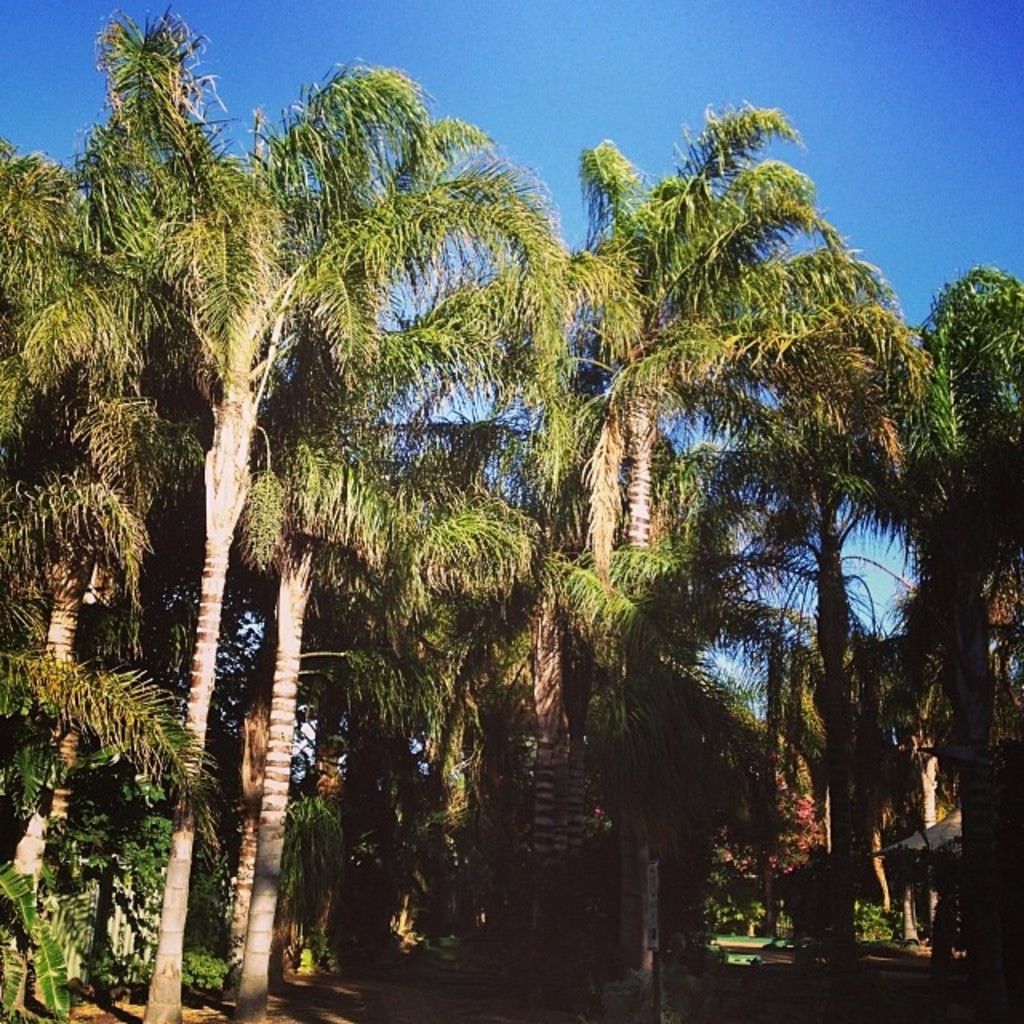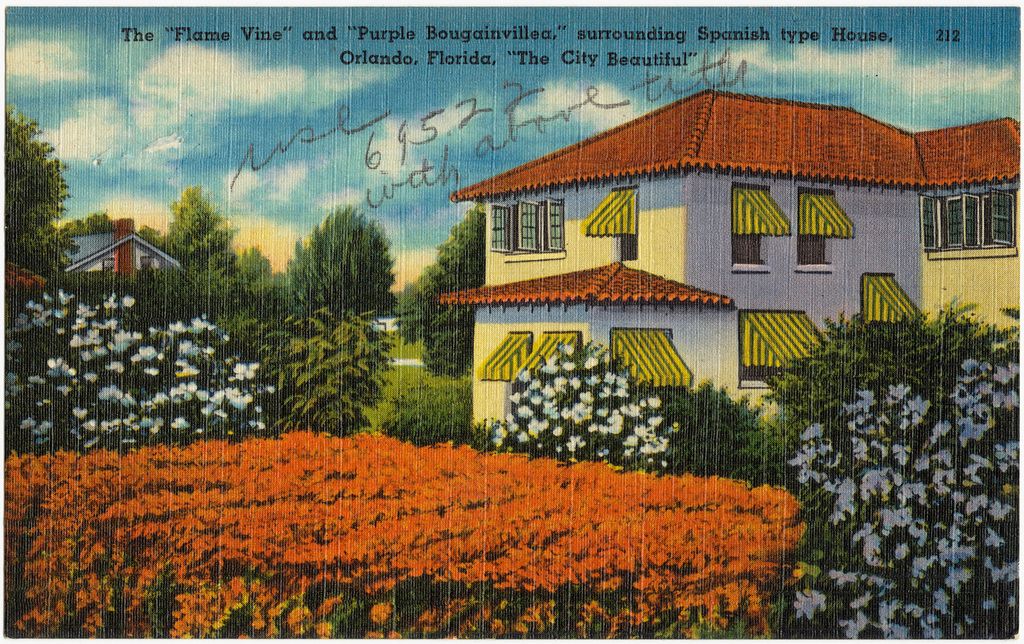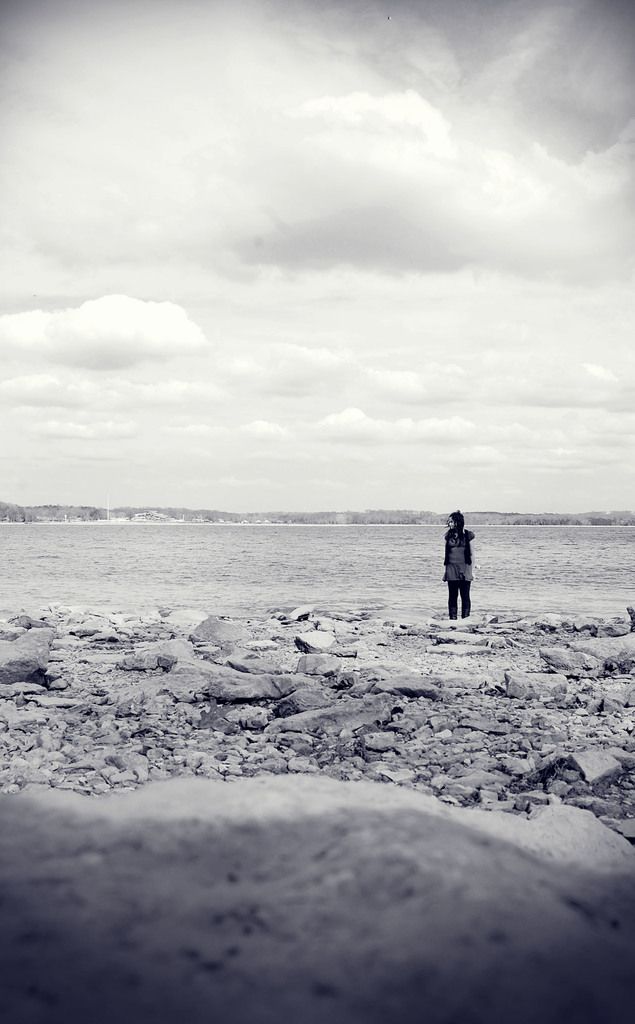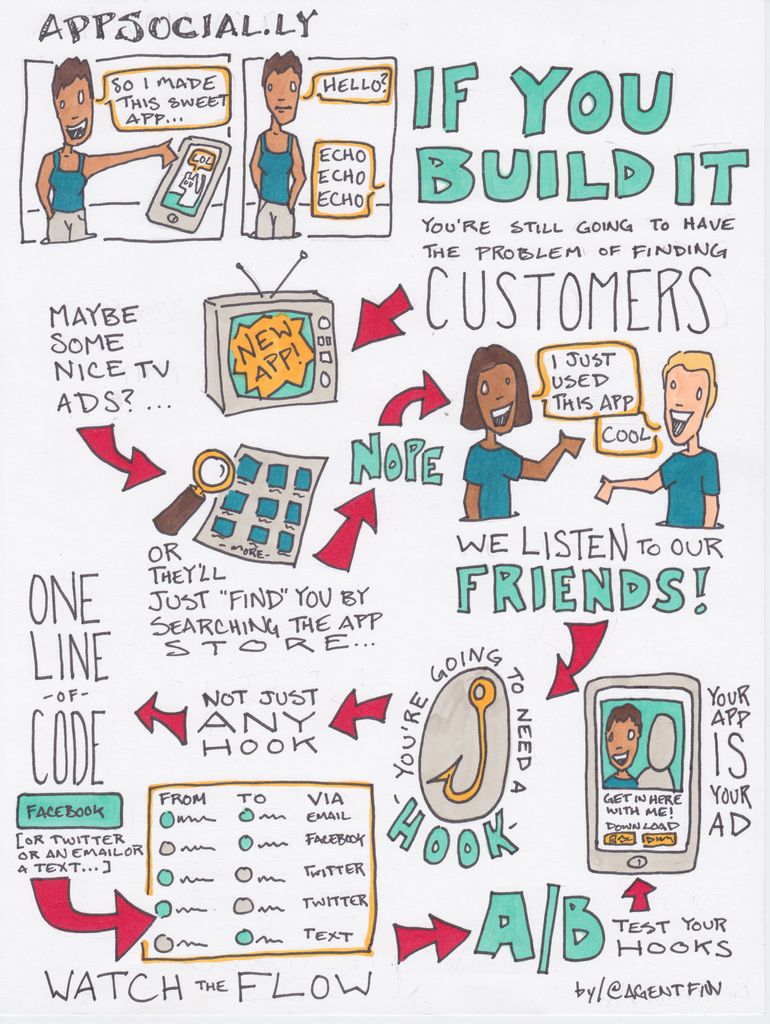Trump's Tariffs Set to Impact TEFAF Fair in New York Next Week Most Significantly
Pumped-up Perspective on Art Fairs in the Trump Era 🎨💰😠
It ain't no secret that the Trump administration's tariffs have sent shockwaves through various sectors on the economy map, claiming victims such as international tourism, stock markets, and even set whispers of a global recession a-hummin'. But what about the art world, specifically those high-end art fairs like TEFAF New York and Frieze New York? They're about to find out.
New York Art Week is just around the corner and these art extravaganzas are gearing up to bear the brunt of these unruly tariffs. With the looming specter of tariffs on items from China, steel, aluminum, jewelry, furniture, design pieces, and variably priced counter-tariffs from rivals like China, the art world's finest might be stepping back from the curtain.
Take, for instance, TEFAF New York. Given its vast number of exhibitors specializing in art subject to tariffs, it'll likely be the star}^{1}⃝ of the show for all the wrong reasons. Other art fairs on the lineup include Frieze, NADA, The Future Art Fair, Independent, and 1-54 Contemporary African Art Fair, but TEFAF is set to dominate the drama.
Francis Petit, the director of the New York office of art shipping company Gander & White, isn't shy about expressing the struggles he's witnessed: "The road's been a twisted mother!" he told our little corner of the web.
Despite the fact that the majority of original art, collector's pieces, and antiques imported into the US are still exempt from tariffs, there's no denying there's an elephant (or a giant gilded sculpture) in the room.
Galleries showing at TEFAF New York and Frieze New York have adapted their operations accordingly. They've decided not to bring any material to the fairs that might be subject to customs duties and opted to rent furniture for booths instead, ensuring that exquisite Donald Judd chairs remain stateside.
Even for companies like Charles Ede, a London-based gallery specializing in ancient art and antiquities, the tariffs' mischief has left them in the dark: "No clear avenue's in sight," director Charis Tyndall shared. "We don't know what's bogged to hit us."
nyc art fairs' significant impact
US tariffs, you ask? Well, those bad boys are based on the country of origin of the artwork, rather than an artist's nationality or shipping origin. So even if an American artist produces an artwork in China, it's still subject to those pesky tariffs.
The issue here is that customs might find it tricky to evaluate and classify furniture and fine art intended for exhibition in New York at Frieze and, especially, at TEFAF.
Petit of Gander & White explained that galleries had to explain the uniqueness and price of their pieces to a lot of exhibition organizers, in hopes that their artworks weren't grouped together with every other commode in the land.
Fritz Dietl from shipping company Dietl International echoes the same sentiment, noting that the galleries he works with are being cautious. "Plenty of galleries're gripping onto their wallets real tight these days," he said.
nyc Art Fairs' innovative solutions
Some galleries are showing items that were stored in the US rather than shipped in from Europe and have avoided bringing in items from China. Others have incorporated more paintings and sculptures rather than jewelry, furniture, or design objects to dodge tariffs. Some have sent models instead of original pieces, or even employed the use of temporary import bonds.
Now, these bonds aren't usually used for US art fairs because they restrict an item to only being exhibited and not sold. But ya gotta do what ya gotta do when the bills are mounting.
But what about those who've stashed away some serious coin into those priceless Les Lalanne pieces^[2]⃝? They might still be in the clear, according to Edouard Gouin from art shipper Convelio. He suggests that these Lalanne furniture pieces could likely still be classified as artworks, due to the artists' intention, art market recognition, and museum exhibits.
TEFAF New York has remained relatively tight-lipped about the impact of tariffs. But when pressed, a rep shared that they're in close communication with shippers, legal advisors, and tax experts, and have advocated for the exclusion of artworks from potential EU reciprocal tariffs with the EU Commission.
It's no secret that many galleries rely on the connections they make at these art fairs to secure clients. Second chances might not be in the cards for those who bow out.
"Jamming out of America wouldn't be a smart move," Tyndall said, "We'd lose crucial contacts, miss out on deals, and might never hear from them again."
So here's to those art fairs, may they navigate these treacherous tariff waters and make it to shore unscathed!
^[1]⃝: Based on the number of exhibitors specializing in items subject to tariffs^[2]⃝: Les Lalanne pieces have gained significant market attention lately
- The Trump administration's tariffs have raised concerns in the art world, particularly for high-end art fairs like TEFAF New York and Frieze New York, as they may be impacted by tariffs on items from China.
- Galleries showing at these fairs are taking precautions, opting to rent furniture instead of bringing material that might be subject to customs duties.
- The director of art shipping company Gander & White, Francis Petit, has expressed struggles due to the uncertainties posed by tariffs.
- Although original art, collector's pieces, and antiques are exempt from tariffs, there's still concern about the potential impact on furniture, design pieces, and fine art.
- Galleries are employing innovative solutions such as sending models instead of original pieces, using temporary import bonds, and showcasing items that were stored in the US instead of shipped from Europe.
- Companies like Charles Ede, which specializes in ancient art and antiquities, are also navigating uncertainties and hoping for a clearer understanding of the tariffs' impact.
- despite the challenges, many galleries see these fairs as crucial for securing clients, and bowing out could mean losing connections and opportunities.
- TEFAF New York, with its numerous exhibitors specializing in items subject to tariffs, could be the focal point for drama during New York Art Week.






